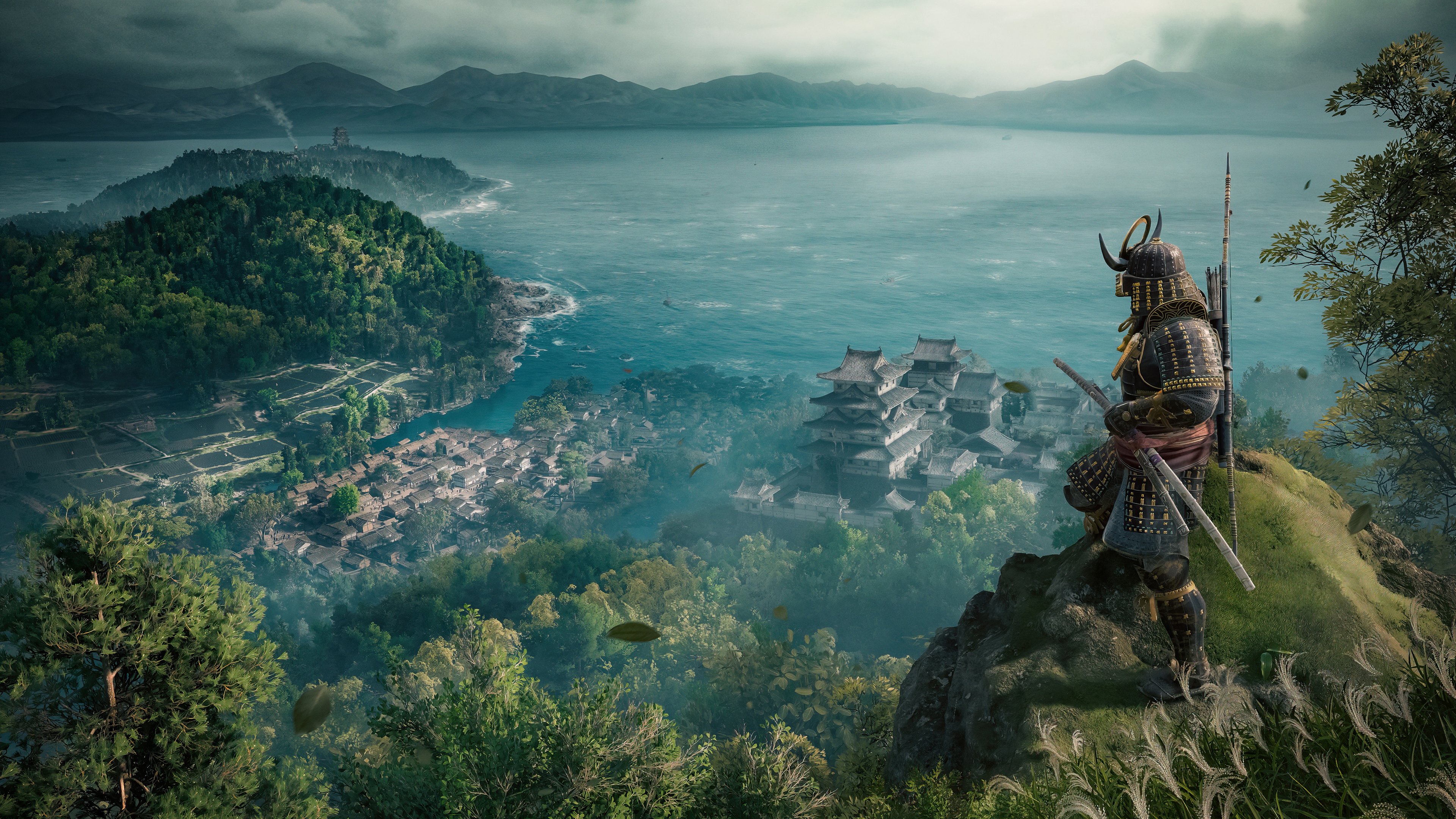
(Image credit: Ubisoft)
Fans of Assassin’s Creed have long dreamed of seeing Ubisoft set their stealth-action saga in the captivating era of feudal Japan. After nearly two decades of anticipation, many wondered if the newly released Assassin’s Creed Shadows could meet such high expectations. Instead of crumbling under the pressure, this installment showcases more confidence, texture, and purpose than the series has exhibited since its transformation into RPG territory.
Set for release on March 20, 2025, and available on PS5, PC, and Xbox Series X, Assassin’s Creed Shadows takes place in the late 1500s. Players step into the world of two protagonists: Yasuke, a fearless samurai, and Naoe, a skilled shinobi. Together, they work to dismantle the Shinbakufu, an elusive group vying for domination over Japan.
The game’s narrative invites players to unmask and assassinate these mysterious figures in a mostly non-linear fashion, offering the freedom to choose which target to pursue first. This choice is best guided by the absence of level-scaling, encouraging progression from low-level areas. At any point, players can alternate between Yasuke and Naoe, utilizing each character’s unique abilities.
Mechanically, this dual character system is a triumph. Yasuke excels in combat, a powerhouse capable of confronting waves of enemies, yet clumsy with agility. In contrast, Naoe thrives in stealth, excelling in parkour with the help of her trusty grappling hook. These differences foster a dynamic gameplay experience as players tactically choose which character to employ for each mission.
Combat in Assassin’s Creed Shadows reaches new heights. Yasuke embodies raw strength, wielding his long katana with formidable power. Meanwhile, Naoe brings excitement through her kusarigama, a sickle-and-ball weapon perfect for strategic engagements. Though movement can sometimes be clunky, especially in mid-fight climbing, Naoe’s parkour remains fluid, enhancing the overall stealth experience.
Despite the freedom offered, the narrative thread feels somewhat fragmented. While Yasuke and Naoe’s personal stories shine, there’s a sense of disconnection as each investigation into Shinbakufu members unravels independently. On the bright side, Yasuke’s journey is enriched by a spaghetti Western flair, amplified by the harmonious soundtrack of Japanese folk and rock that punctuates key moments.
However, the overarching narrative stretches over a 30-40 hour runtime without tightly closing its loose threads. An open ending might suggest more to come, perhaps nudging at post-release content. Even Yasuke and Naoe’s intertwined histories leave us yearning for more; their moments of camaraderie, enjoyable chats under the stars, or flirtations, offer some of Shadows’ most memorable moments.
The return of Ubisoft’s Assassin’s Creed Valhalla style hideout system brings additional depth to the world-building. More customizable than before, players can curate a small plot of land with practical facilities and decorative items. This involves collecting resources through various means, from confrontations in bandit camps to discreet forays into enemy territories.
Further, players enhance their arsenal through these resources, integral for succeeding in higher-level missions. This not only gives Assassin’s Creed’s signature outpost-clearing mechanic a fresh twist, but it also elevates the experience with its most thrilling stealth sequences yet.
Scattered across Shadows are numerous activities designed to encourage player interaction. These range from horseback archery to martial arts contests, ultimately rewarding players with Knowledge, crucial for unlocking skill trees and making the experience even richer. Despite occasional repetitiveness, this feature adds a layer of vivacity absent from earlier games in the franchise.
Visually, the game astounds. Feudal Japan’s breathtaking landscapes, from its towering hills to its seasonal shifts, offer dazzling vistas for photo enthusiasts. Each season not only enhances the visual appeal but also affects gameplay, as changing conditions present strategic advantages, like frozen moats to cross in winter.
Ultimately, Assassin’s Creed Shadows ambitiously strives to blend its shinobi and samurai fantasies within a broader examination of Ubisoft’s open-world formula. Even if some concepts fail to interlock perfectly, it stands proud alongside series icons like Assassin’s Creed 2 and Assassin’s Creed 4: Black Flag.
For players eager to dive into Shadows’ epic tale, a remarkable journey awaits. It may not tie every thread seamlessly, but it beautifully showcases a world teeming with life and potential, affirming Ubisoft’s mastery in crafting engaging RPGs.